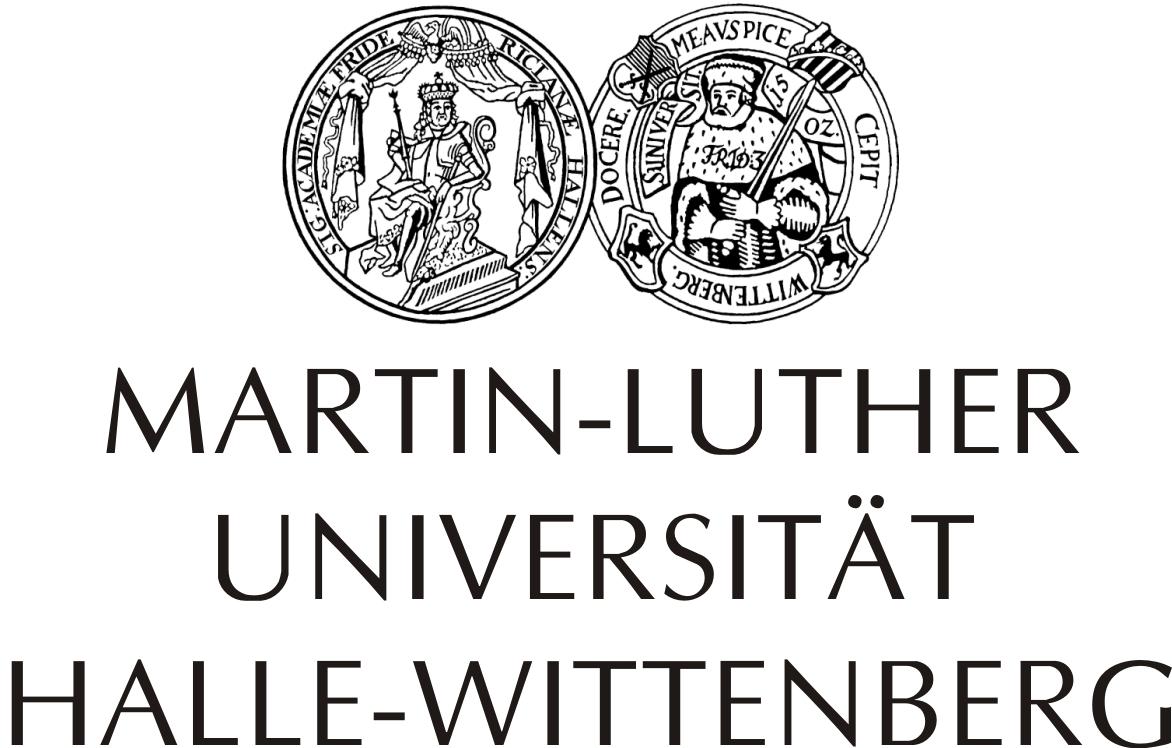
Call for Papers – The Production of Elites and the Making of Elite Universities [15. April 2015]
International Workshop for doctoral and postdoctoral researchers organized by the Research Groups “Mechanisms of Elite Education” and “PrestEnce – from Prestige to Excellence” Wittenberg (Germany), September 29th to October 1st, 2015
It has become a common understanding that higher education is highly relevant for the production of elites in Western countries (Collins 1979; Brown et al. 2010). What however is less researched is how education does this (cf. Zald and Lounsboury 2010), especially under the impact of mass higher education. While a considerable body of literature discusses the reproduction of social elites through higher education, the formation processes within and through the educational institution are treated as a side‐aspect. The stability of higher education institutions is somewhat presupposed, and production and reproduction seem to go hand in hand. Not enough attention is paid to the processes and changes in the institutions themselves, as they follow elite aspirations and evolve under the influence of public policies, professional bodies of knowledge, discourses, and in response to the labor markets. Rather than being seen as stable, each higher education institution has to constantly renegotiate its position through and with its environment.
The upcoming workshop aims to address this void by setting the focus on the social construction of elites, prestige, and excellence in higher education. It aims to investigate the social formation of the organizational production of elites as well as the prestige and excellence of these organizations. From this perspective, some higher education organizations actively position themselves within the field of higher education to become the very sites of elite production (cf. Bloch et al. 2014). Stratification(s) here take place on a local as well as on a global scale. On the local side such universities set up distinctive curricula and various social‐material arrangements in order to foster an environment that actively mirrors their aspirations (e.g. 24 hour libraries, networking events, well‐known guest speakers). Within a global frame new stratifications emerge worldwide that challenge higher education systems as open‐access egalitarian public services. Public policy arrangements, rankings and reform discourses invite and push ever more universities to compete globally for students, scholars, and prestige.
Against this background, the workshop invites contributions on new uprising stratifications in European higher education and its impact on the production of elites, either through organizational case studies and qualitative on‐site research (interviews, ethnography, etc.) and/or by looking at the discursive/socio‐material formation of organizational stratification. Possible research questions to be addressed include:
- How is stratification induced or acknowledged in higher education, e.g. by reform policies, rankings, or media discourses? How do organizational efforts relate to stratificatory imperatives felt by higher education institutions? What strategies and activities to enact stratification can be observed?
- Do and how do universities and degree programs aim at producing academic or professional elites? Are there changes in the purposes of education, e.g. from a specialist knowledge to more generalist skills, and how do these relate to which new ambitions of universities? Doand how do individual disciplines change under the influence of others (e.g. economics) in order to produce better employment conditions for their graduates? How do educational programs relate to specific audiences, such as “future leaders” or “excellent junior researchers”?
- How do organizations cultivate a competitive profile? Are internal divisions evolving between highly paid top‐level researchers and contingent teaching faculty, between disciplines more prone to the demands of competitive funding and those reduced mainly to their educational function, between new forms of research organization, such as clusters and networks, and traditional ones?
- How does globalization impact on national elites production and how is the latter being reorganized? What are the consequences for egalitarian higher education systems? More specifically, how do rather homogeneous educational organizations such as the European welfare state universities respond to pressures for differentiation?
This list is incomplete and contributors are welcome to extend it.
Please send your abstract (1‐2 pages with title) to roland.bloch@soziologie.uni‐halle.de until April 15th, 2015.
Contributions will be selected by the program committee. Authors will be informed by April, 30th. The workshop contributions will be published in an international volume on the topic of the workshop. Hence, after having selected the contributions for the workshop, we will ask the authors to turn in a fully developed paper (max. 45.000 signs) by August 31st, 2015 which will be discussed at the workshop and reviewed for publication. Accommodation costs for the workshop in Wittenberg will be covered by the organizers.
Program Committee Catherine Paradeise (Université Paris Est‐Marne la Vallée: U‐PEM / LISIS) Roland Bloch (Institute of Sociology, Martin‐Luther‐University Halle‐Wittenberg) Alexander Mitterle (Institute of Sociology, Martin‐Luther‐University Halle‐Wittenberg) Tobias Peter (Institute of Sociology, Albert‐Ludwigs‐University Freiburg)